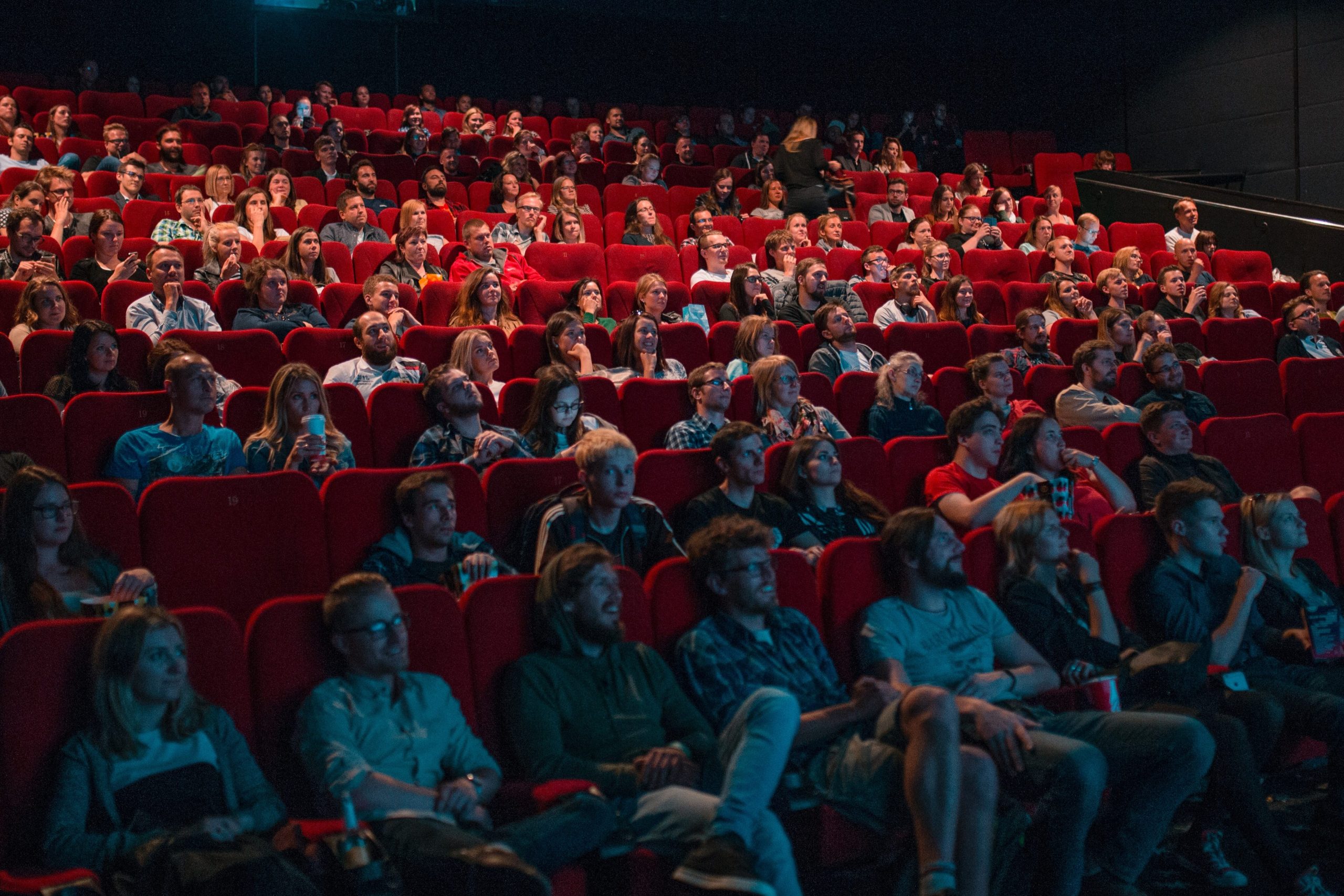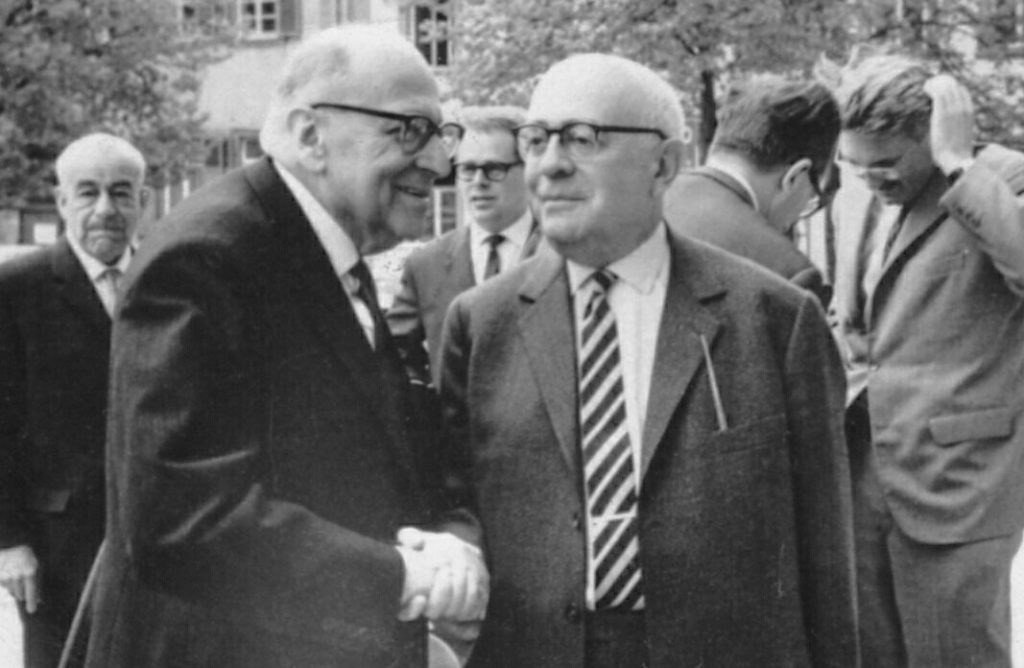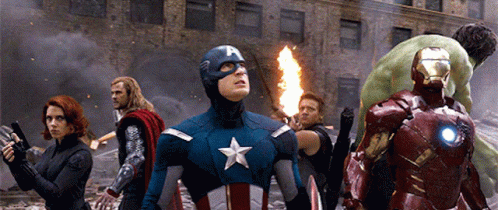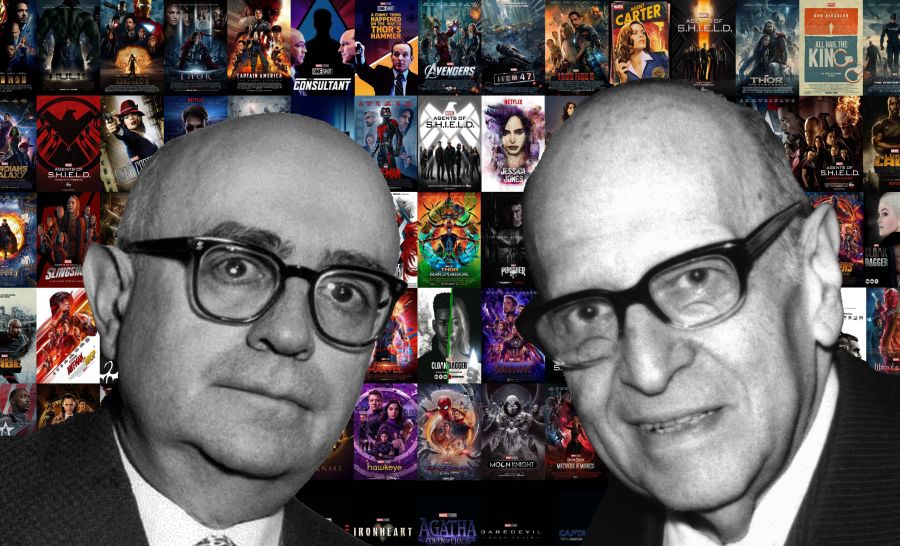I was nine years old when Iron Man, the first ŌĆśMCUŌĆÖ (Marvel Cinematic Universe) movie was released in 2008. As I was in that cinema, sitting there with my eyes wide open, amazed by the spectacular explosions and fight scenes, I didnŌĆÖt know how much of a profound impact this movie would have. Not just on my own personal movie taste, but on the future of mass media production.

Since then, the MCU has gone on to become one of the most successful media franchises of all time, with its 31 films grossing over $27.5 billion worldwide at the box office. And with many more projects in the works, including multiple films, TV shows, and theme park rides, the MCU presents itself as an almost unstoppable force in the entertainment industry.
However, despite fifteen years of success, the publicŌĆÖs perception of the MCU has shifted dramatically in recent years. The critical and commercial performance of the most recent MCU projects clearly indicate that the franchise is in trouble, despite the lack of change in the MCUŌĆÖs movie-making style. This is apparent in reviews of their latest cinematic venture, such as Ant-Man and the Wasp: Quantumania, which was described as ŌĆśincoherentŌĆÖ by Guardian reviewer Wendy Ide (Ide, The Guardian, 2023).
So, was this decline an inevitability of the culture industry?

Frankfurt School philosophers Max Horkheimer and Theodor Adorno may have argued that the decline in quality of the MCU films is a further reflection of their observation that ŌĆ£culture today is infecting everything with samenessŌĆØ (Adorno and Horkheimer, 1944, pp. 94ŌĆō136), had they been alive to witness the rise of the media conglomerate today. The concept of ŌĆ£samenessŌĆØ can be identified internally throughout the MCU, with predictable characters, plot lines, cinematography and editing choices forming a common critique of the most recent slew of films. This predictability may be one factor in the ongoing audience disinterest in the franchise.

The apparent decline in interest in the most recent MCU films could also be attributed to the possibility that audiences have become numb to the narratives contained within these films. Gerry Canavan comments on a supplemental reason for this; ŌĆśthe only logic that finally governs significance in the MCU ŌĆō the only guideline we have to tell us which events ŌĆśactually matterŌĆÖ and which donŌĆÖt ŌĆō is entirely extra-textual: whose contracts are up, and whose sequels have been green-litŌĆÖ (Canavan, 2018, p.5). Canavan argues that this ŌĆśextra-textualŌĆÖ information, which is a promotional product of the MCU itself (e.g., casting announcements at SDCC), deflates the tension of the narratives in MCU films, thus leading to audience boredom.
However, I do not believe the MCU was always doomed to fall victim to the fatigue generated by the culture industry. When Marvel Productions began, President of Marvel Studios Kevin Fiege stated that media domination was never the goal; “We never set out to build a universe. We set out to make a great Iron Man movie, a Hulk movie, a Thor movie” (Fiege, interviewed by Robinson, 2017). I genuinely believe that the MCU has the capability to make great movies again, through once again taking creative risks, rather than pursuing profit above all else.
Works Cited
Adorno, Theodor W, and Max Horkheimer. Dialectic of Enlightenment. 1944. London, Verso, 1944, pp. 94ŌĆō136, www.marxists.org/reference/archive/adorno/1944/culture-industry.htm.
Canavan, Gerry. Why the Marvel Cinematic Universe Can Show Us a Story, but CanŌĆÖt Tell Us a Plot. 3 May 2018, epublications.marquette.edu/cgi/viewcontent.cgi?article=1538&context=english_fac. Accessed 23 Oct. 2023.
Ide, Wendy. ŌĆ£Ant-Man and the Wasp: Quantumania Review ŌĆō Incoherent Special-Effects Dump.ŌĆØ The Observer, 19 Feb. 2023, www.theguardian.com/film/2023/feb/19/ant-man-and-the-wasp-quantumania-review-incoherent-special-effects-dump-jonathan-majors. Accessed 10 Mar. 2023.
Robinson, Joanna. ŌĆ£An Extended Conversation with Kevin Feige.ŌĆØ Vanity Fair, 6 Dec. 2017, www.vanityfair.com/hollywood/2017/12/marvel-kevin-feige-interview.ŌĆī


A well-thought-out and measured application of Horkheimer and AdornoŌĆÖs ŌĆ£Culture IndustryŌĆØ theory to one of the most successful film franchises ever made, the Marvel Cinematic Universe (MCU). I particularly like the highlighting of the attribute of predictability that has become increasingly present in modern-day media products. You have clearly shown the strong connection between their theory and the state of mass media today. However, I think your analysis could have benefitted from a critical take on the theory of ŌĆ£The Culture IndustryŌĆØ. Horkheimer and Adorno were extremely elitist in their views of what they thought people are allowed to like. This is especially important as the MCU is still a popular franchise and people enjoy it despite what the theorists describe.
The external public opinion of the Marvel Cinematic Universe has declined visibly after Avengers 3. This is a fact. It is suggested that you can post the box office data of Marvel movies in some years, the scoring data of film review websites, or the comments of netizens to make the entire article more relevant.
On a similar note, I was also heavily influenced by the Marvel franchise as a child, and the film industry is really an important part of the culture industries. But unfortunately, over the years, with the rapid growth of the culture industry, the film industry has also gradually stopped being satisfied with the richness of content and started to chase profits excessively, and this is also the case with the Chinese film and TV companies mentioned in my blog. Also as you mentioned, commercial factors such as artists’ contracts have become important in determining the development of a film group. But at the same time, the culture industry is still in a rapid development stage, and I believe that these old film brands will eventually discover the truth that content is king and continue to bring us good films.
Really great description into the MCU world, easy to identify why this subject was chosen as it has impact for your life, this made the article more engaging to read because it felt like you really wanted to communicate with an audience. The only suggestion I could make is maybe adding some more detail regarding the two researchers. However you have done a great job on this article, gets the point across successfully.
Amazing! I love how you opened the article with your personal experience, it gives the article’s a personal touch and relatability, I share your thoughts, the MCU does have a lot of homogenised content in its recent films, it makes me want to go to sleep,…Ending on a positive note is commendable, but it might have been more convincing to offer some concrete suggestions or emphasise that the previous MCU creative risk paid off. All in all, well done!
The way that you talk about your own experience watching a marvel film in the cinema hooks me in straight away, I am also a huge admirer of the Marvel franchise if you couldn’t tell already. I agree with your statement about the franchise not always being destined to fall victim to the ‘culture industry’ due to the fact that not very long ago the solo films released were refreshing for the film audience. I would like to ask you, what is your favourite Marvel film?
This was a great post, I loved the example you gave and think it was a very good one because itŌĆÖs relatable. As a reader, I think you did a good job of showing the personal touch it has on you. Well done.
This was brilliantly written and I love the MCU so this was probably one of my favourite blog posts iŌĆÖve ever read, like the other comments i also love how you opened the article with your own personal experience, it makes the post more personal which makes it more enjoyable!